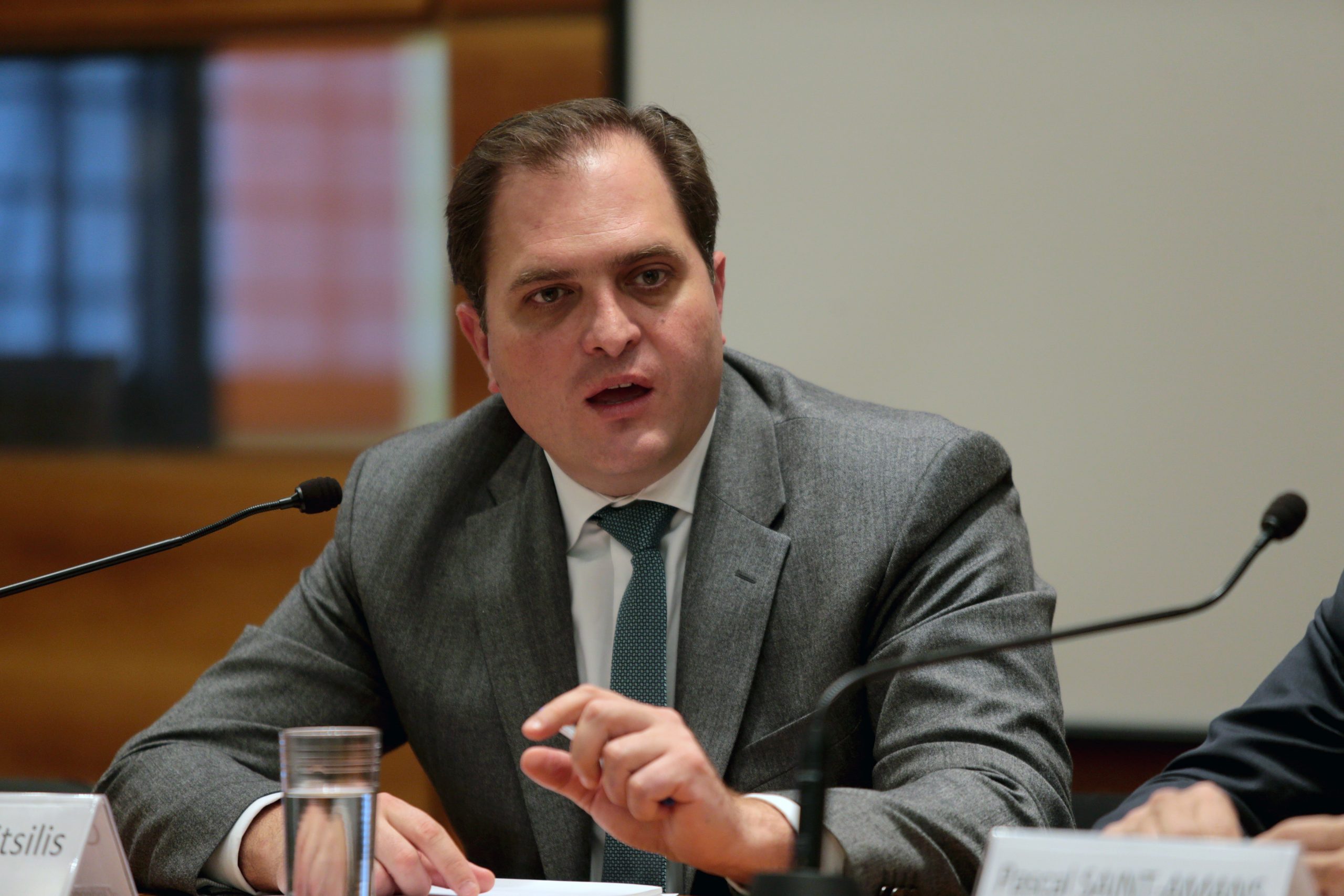
Exceeding the goals for public revenues in the first two months of 2023 as well, “sees” the head of the Independent Public Revenue Authority (AADE), Giorgos Pitsilis. According to Mr. Pitsilis, after the very difficult 2020 and after the recovery of 2021, in 2022 the Greek economy did even better and in terms of public revenues there was a very large increase, “by 6 billion euros or 12% more than what was targeted.”
In fact, he estimated that an amount of around half a billion has also come from tax compliance actions. In his online presentation at the 6th Prodexpo North, in Thessaloniki, Mr. Pitsilis also reminded that the transactions registered in MyDATA since October 2020 have now exceeded 1 trillion euros in value.
Scopes Ratings: Greek economy to grow by 1.3% in 2023; 2% in 2024
We want to invest in Thessaloniki, the area has great potential
Regarding Thessaloniki, Mr. Pitsilis pointed out that AADE invested a lot in the city and changed its working model. He reminded that two control centers have already been created in Thessaloniki – “where 10 tax authorities had control” – in areas that are expected to see growth in the coming years, specifically near the Venizelos Metro station and in the area of Sfageia. He added that AADE is still looking for infrastructure, because it wants to continue the centralization of its services, while he made special mention of the human resources of Thessaloniki, which the Authority wants to utilize throughout Greece. “We want to invest in Thessaloniki, we believe that the region has a lot of potential” he emphasized and added that in order to achieve all the goals “we need to be optimistic and unsatisfied”.
In the right direction, but “holding on to a creaking branch”
With the phrase “we need to be lucky, lest something happens to our external environment”, Professor Nikos Vettas, general director of the Foundation for Economic and Industrial Research (IOBE), answered a question about what needs to happen to continue the positive course of the Greek economy.
He expressed his belief that at the moment the Greek economy is “held up” – and will be held up – by the European institutions and the E.U. supports it through the Recovery and Reconstruction Fund, however, he emphasized: “if we dig too deep, this fund and other such organizations are in the air, if the EU itself does not proceed to a close fiscal union. (…) We are holding on to a branch and if it starts to crack, issues will arise for us as well. The same is true of the global financing environment.”
He added that if we look back to 1981, when Greece joined the EEC, we will find that then the country was clearly richer – in terms of GDP per capita – than Spain, Portugal or Ireland and various others, but in 40 years intervening since then ground has been lost “little by little every year”. As he said, the average growth of the Greek economy during the 40 years was below 1% “and since the request for the next 20 years is to become 2.5%-3%, it must be understood that this is not possible with the current production process and the current state. We are going in the right direction, we have made painful improvements (…), but there is a distance from what needs to be done”.
He added that Greece needs to play by the rules of a small open economy, which means that it will have to see “where it fits into the international division of labor. Instead, however, our natural tendency is to artificially close our borders, in order to circulate money among ourselves,” he argued.
Thessaloniki, Macedonia and the critical issue of human resources
To a question about the perspective of the wider region of Thessaloniki and Macedonia, he answered that it has recently taken the lead in two directions, on the one hand in the operation of medium and high-tech enterprises, with an export character, and on the other hand in attracting service export companies. However, to maintain the positive trend, emphasis should be placed on the following areas: the quality and quantity of human resources and the connection of the education system with production, the cost and quality of housing and the attraction of workers from abroad as well .
“If you talk to these businessmen, a potential “brake” (in their activity) is human resources,” noted Mr. Vettas and added that, beyond the interconnection of the educational process and production, without opening up the country and bringing people and from abroad – either as workers or as students, as “it is unthinkable for an educational system to not have 20% foreigners’ – you can’t use all the potential.
This, he clarified, needs to be done with a plan, while he added that demographics will also affect the matter in various ways, as in the future “we will be 10%-15% less, while the average age is also changing”. Many people will be over 80 in the future, which means that care centres, smaller properties and interventions in the city itself will be needed so that there is free space that combines with public transport, he concluded.
Latest News

OECD: Greek Economy Resilient with 2% Growth Forecast for 2024
However, the OECD highlights challenges including the need to enhance productivity and fiscal adjustment due to high debt levels.

Challenges and Delays in Greece’s Hydrocarbon Exploration
Sources disclose that the petroleum companies holding the concessions are seeking partners to jointly invest and share the costs of exploration and drilling.

Greek Beach Visitors Can Report Violations on New ‘MyCoast’ App
Greek authorities hope the newly-launched, free ‘MyCoast’ app will help clamp down on public beach violations
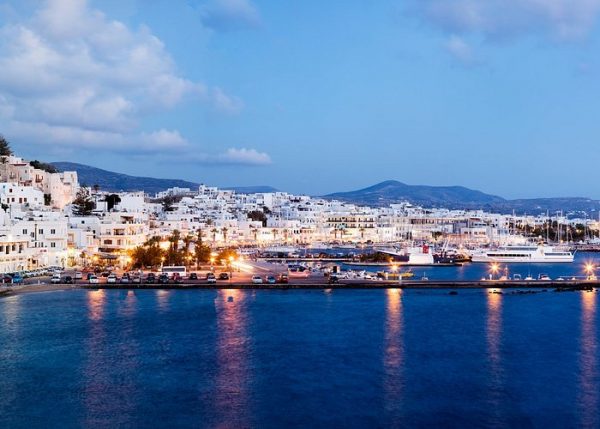
BoG Figures Confirm Banner Year for Greek Tourism in 2023
20.6 billion euros in related revenues topped the previous year’s figure by 16.5%
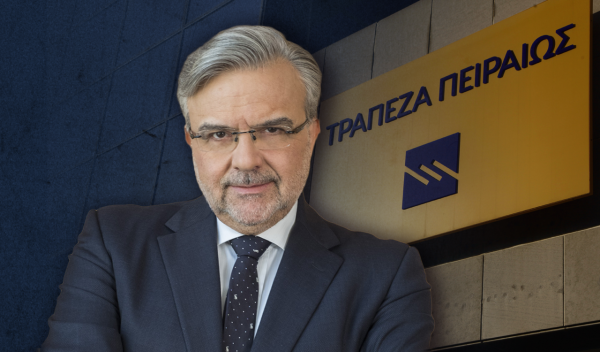
Piraeus Bank to Propose First Dividend in 16 Years
Piraeus Bank has forecast profits of roughly 900 million euros this year, rising to one billion euros next year

Eurostat: Inflation in Greece Eases to 3.2% in April; 2.4% in Eurozone
The rate of increase for food prices was up by 4.9% in April 2024, compared to 4.8% in the previous month

ELSTAT Feb. Retail Turnover Drops by 3.8%, Sales Volume Plummets by 9.8%
Additionally, the seasonally adjusted General Volume Index for Feb. 2024 experienced a 3.8% decrease compared to the previous month of the same year

Greek Buyers Lead Return to Vacation Home Market
In the last six months, Greeks have made a surge into the vacation home market, notably without relying on loans
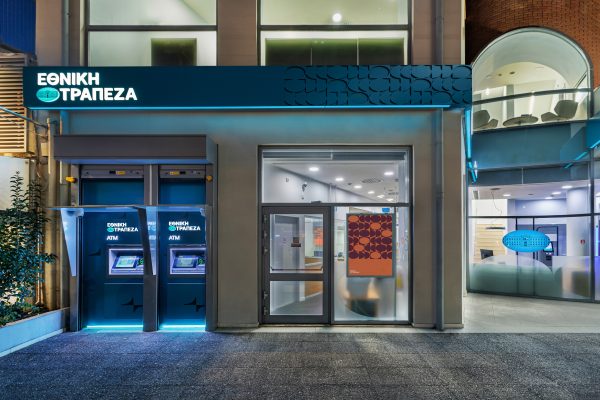
NBG Receives BBB Investment Grade by DBRS
This makes NBG the first Greek bank to regain Investment grade status, nearly 15 years after the onset of the Greek financial crisis

Greek Gov. Budget: Primary Surplus 3bln in Q1 2024
Value Added Tax (VAT) revenues reached 5.876 billion euros, down by 16 million euros compared to the target
















![Τουρισμός: Η Αθήνα στις 10 ελκυστικές ευρωπαϊκές πόλεις για ξενοδοχειακές επενδύσεις – Πού υστερεί η Θεσσαλονίκη [πίνακας]](https://www.ot.gr/wp-content/uploads/2022/08/hotel-g0908c6995_1920-90x90.jpg)
![Τουρισμός: Πόσα ξόδεψαν και πόσο έμειναν οι ξένοι επισκέπτες το 2023 [πίνακες]](https://www.ot.gr/wp-content/uploads/2024/02/ot_tourist_santorini2-90x90.png)

![ΤτΕ: Το top10 των περιφερειών με τα περισσότερα τουριστικά έσοδα [πίνακες]](https://www.ot.gr/wp-content/uploads/2024/04/02tourismos10-1-90x90.jpg)







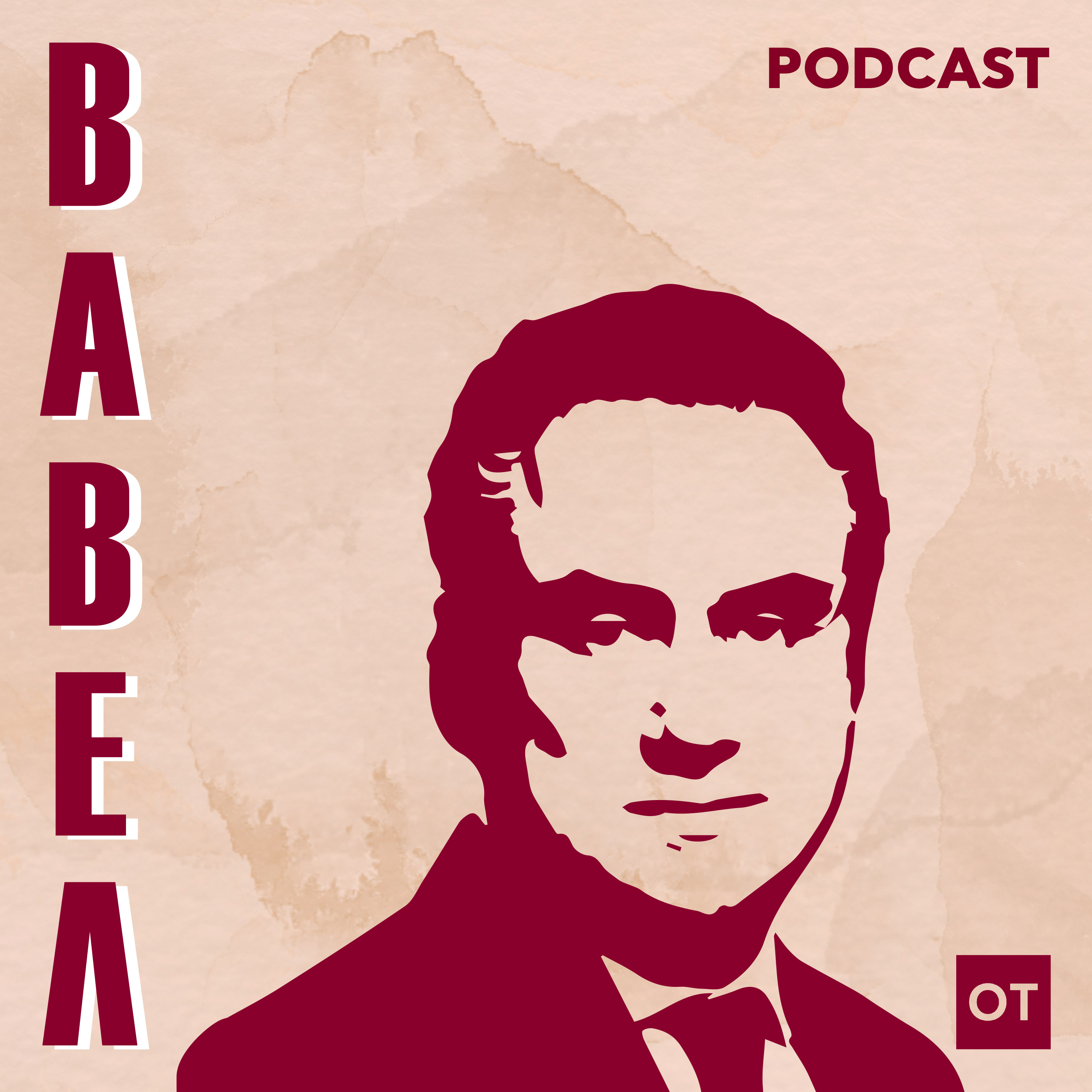
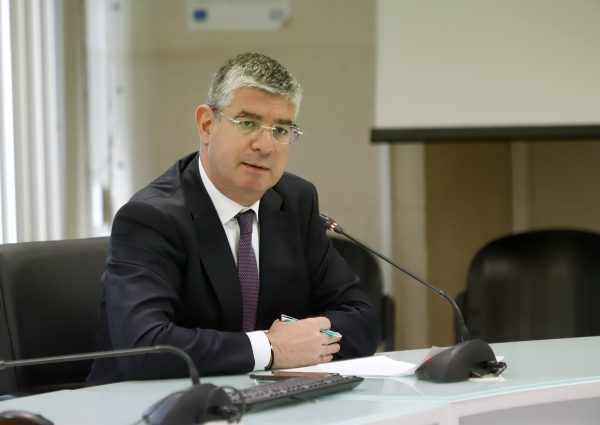


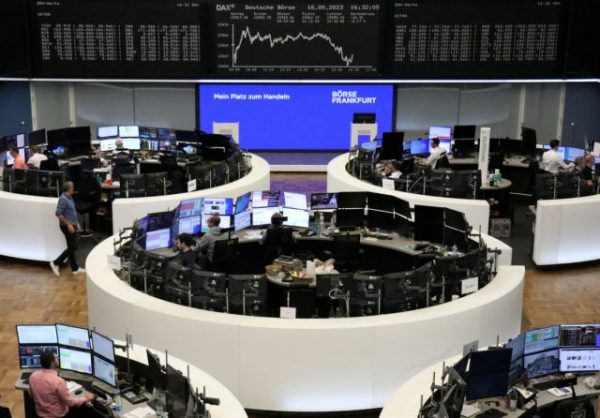

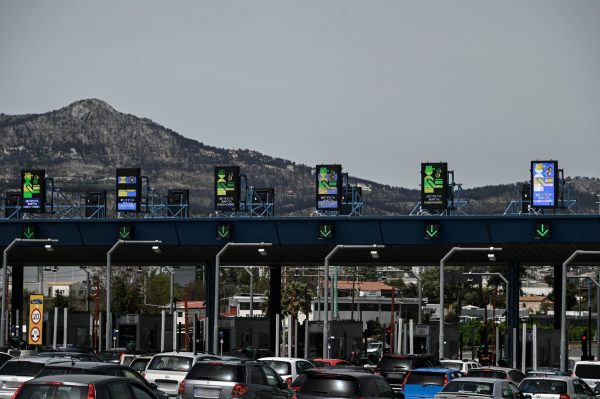

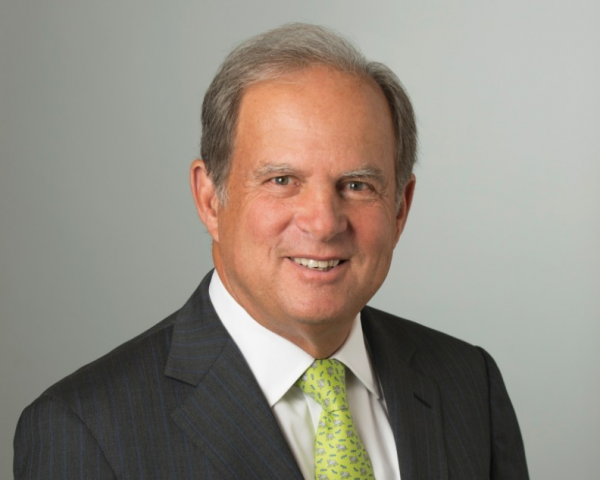

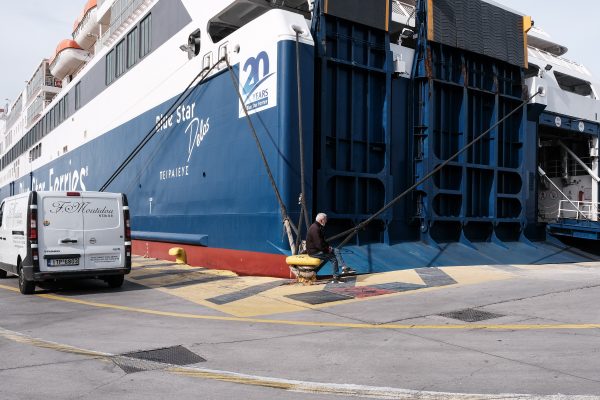



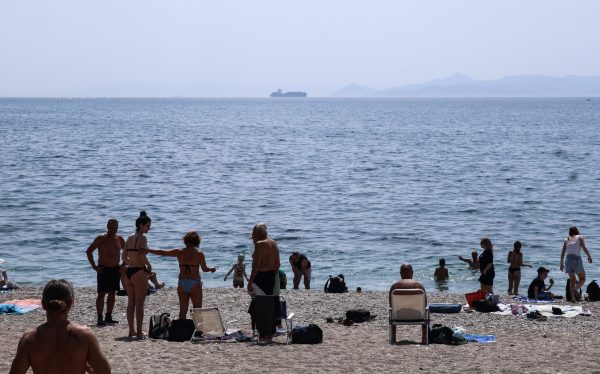


 Αριθμός Πιστοποίησης Μ.Η.Τ.232433
Αριθμός Πιστοποίησης Μ.Η.Τ.232433